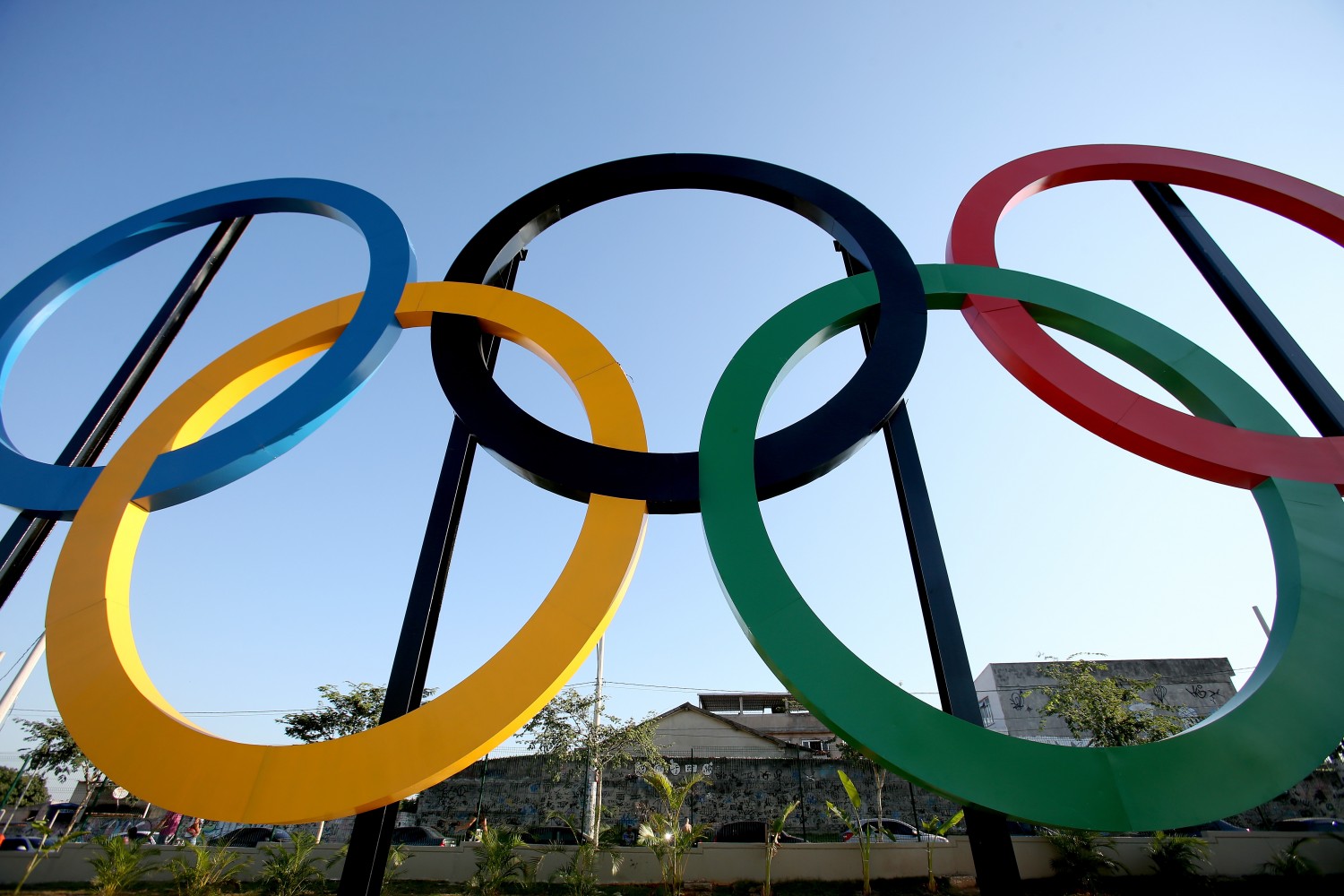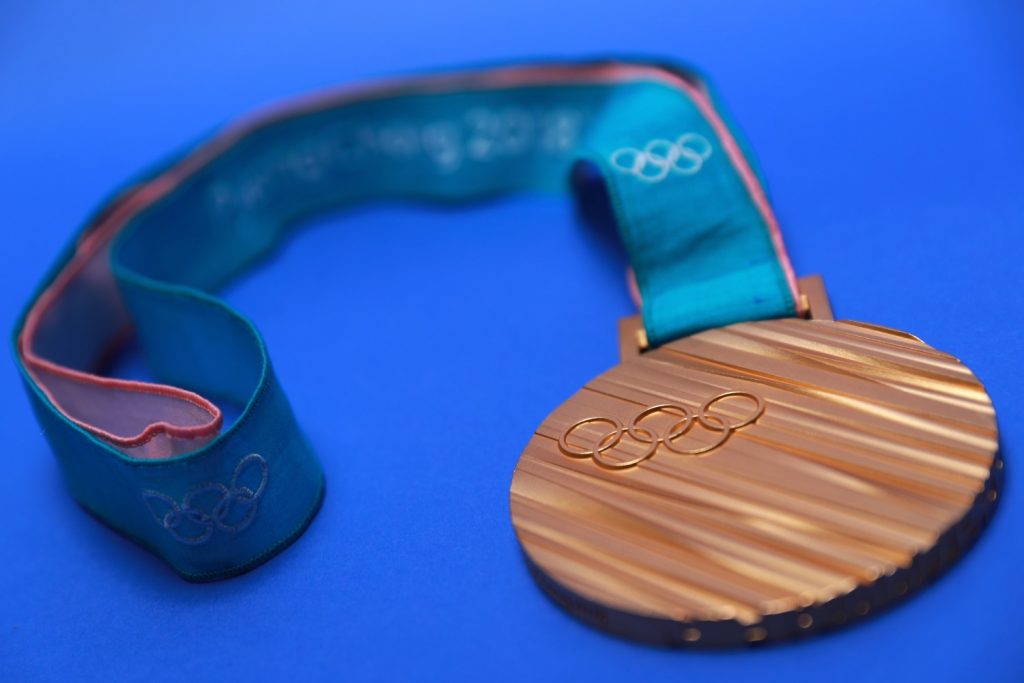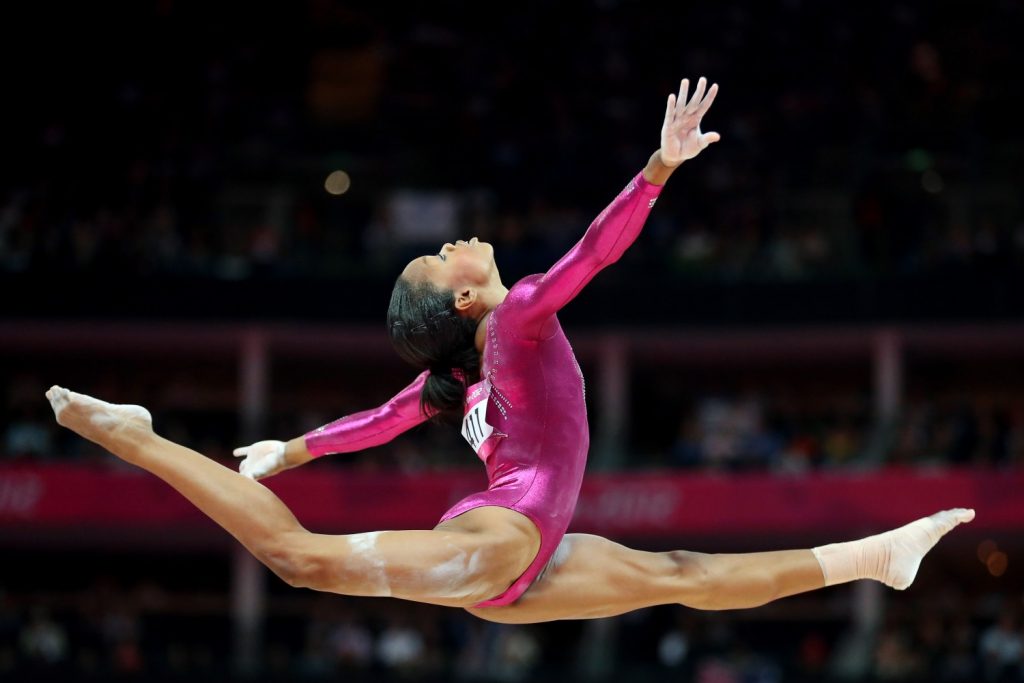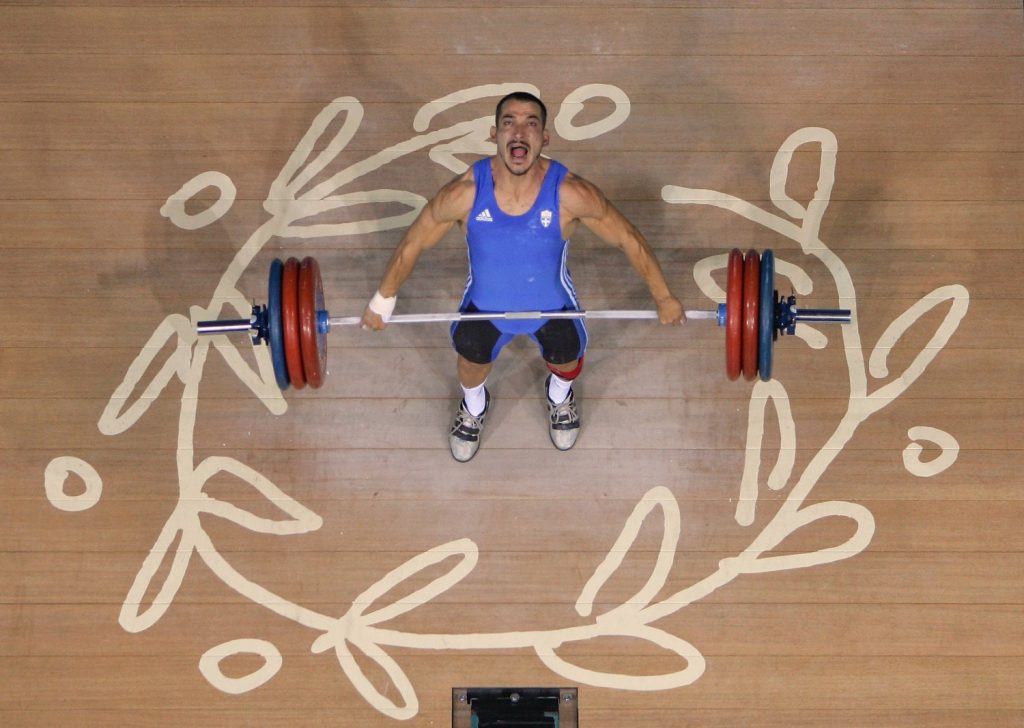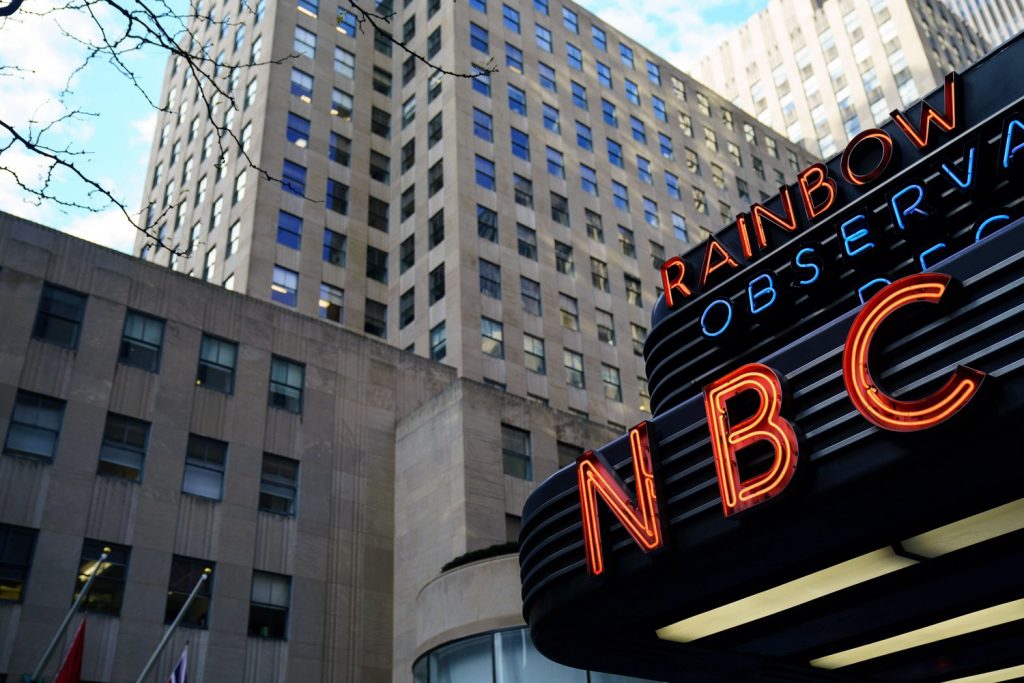Curious how much it costs to host the Olympics? South Korea is prepared to spend $13 billion to host the Winter Olympics in the newly constructed PyeongChang Olympic Stadium. (That’s a steal compared to the $50 million paid by Sochi).
For those interested in the economics of the Olympics, here’s what’s going on behind-the-scenes, money-wise. (Spoiler alert: Not all that glitters is gold; those Olympic gold medals are mostly silver).
1. Athletes get “bonuses” for winning gold medals.
While the International Olympic Committee doesn’t pay pay athletes anything, it’s common for countries to provide bonuses to athletes who bring home medals. For example, during the Rio de Janeiro Summer 2016 Olympics, an American gold medal-winning athlete nabbed $25,000 from the U.S. Olympic Committee, while silver medal winners received $15,000 and bronze medalists earned $10,000.
2. Medal bonuses vary by country.
In Russia, for example, a gold medal during the Summer 2016 Olympics paid 4 million RUB, which is about $62,000 is U.S. dollars. Japanese gold medalists earned 5 million yen, or approximately, $49,000 from the Japanese Olympic Committee.
3. Gold medals aren’t solid gold.
In fact, solid medals haven’t been used since the 1912 Olympics in Stockholm. World War I prompted gold shortages, which led to today’s makeup of medals. The International Olympic Committee does require that medals contain at least 6 grams of pure gold, and use roughly 92.5 percent silver.
4. The scrap value of a gold medal is worth $501.
But, of course the value to collectors could range from $10,000 to more than $1 million, according to Money Magazine.
5. Hosting the Olympics is actually a bad investment.
Rio de Janeiro won the bid to host the 2016 Summer Olympics in 2009, and the government estimated that costs related to hosting the games would total $3 billion. But, by the start of the Olympics, the country already shelled out $4.6 billion, blowing the budget by about 50 percent, points out FiveThirtyEight.
6. Summer games tend to go over budget more than winter games.
Summer Games tend to bust their budget by 176 percent, while Winter Games exceed their budgets by 142 percent, according to FiveThirtyEight’s analysis. Of course, there are some outliers skewing the numbers. The 1976 Summer Olympics in Montreal went over budget by 720 percent.
7. The most expensive opening ceremony ticket at Rio de Janeiro’s Summer Olympics cost $1,400
The least expensive ticket was sold for about $60.
8. Olympians were awarded wreaths before medals.
During the first modern Olympics in 1896, first-place athletes were decorated with an olive wreath and a silver medal. The gold, silver and bronze medals didn’t arrive on the scene until the 1904 Summer Olympics, which were held in St. Louis.
9. There’s a reason why Olympians are photographed biting their medals.
It’s steeped in an ancient tradition: biting into gold tests its purity and authenticity.
10. Winter medals are heftier.
Medals awarded during the Winter Games tend to be larger and thicker than their counterparts given out during the Summer Games.
11. NBC is paying billions to televise the games.
The network is paying $4.4 billion to the International Olympic Committee to broadcast the games between 2014 and 2020.
12. Some athletes make big money from endorsements.
But, most are getting by with stipends and charity. In fact, on average, track and field athletes only made $17,000 annually, according to 2015 statistics. Swimming athletes made $40,000 on average; triathletes ranged between $20,000 and $40,000 on average and rowing athletes brought in $20,000.
13. The most expensive Olympics goes to …
The 2014 Winter Games in Sochi, Russia. The country budgeted $12 billion, but the final price tag came out to be $50 billion because of increased security and other unexpected costs.
